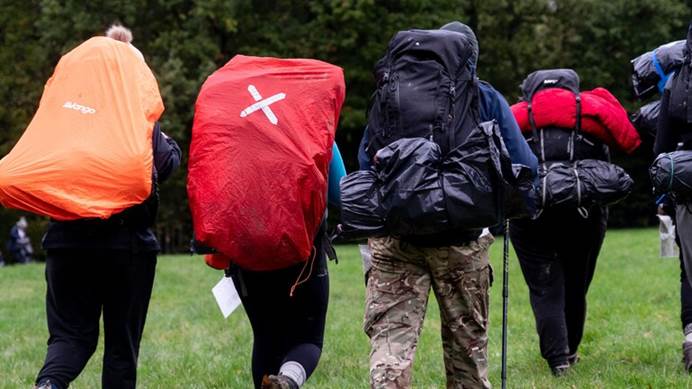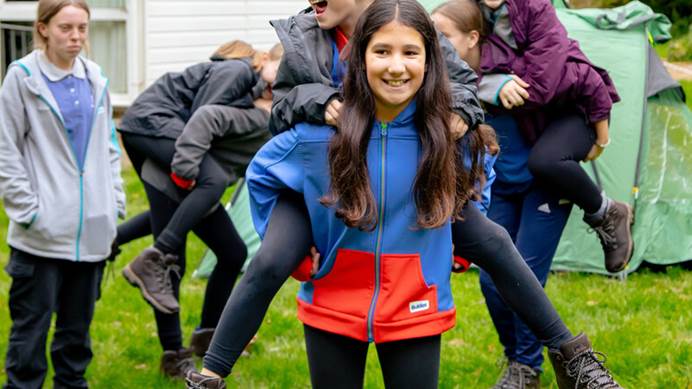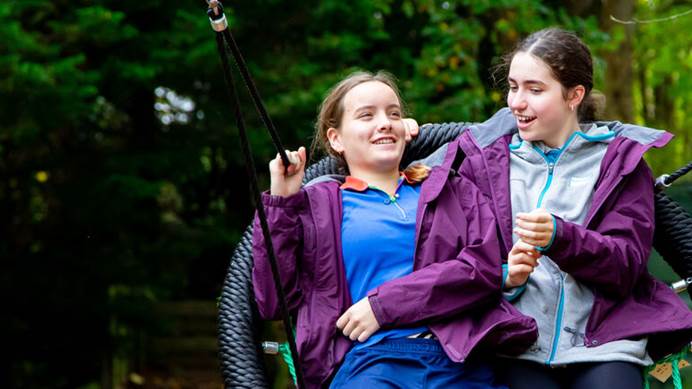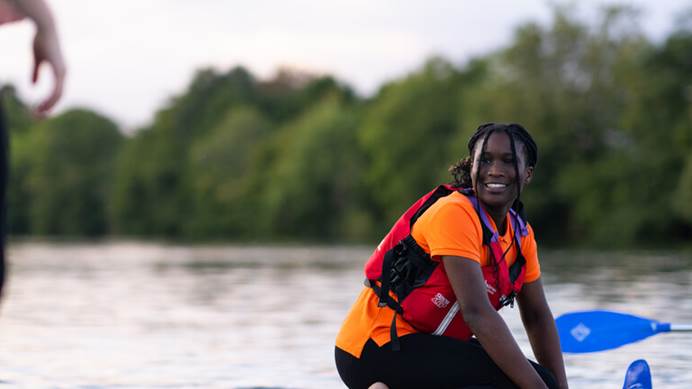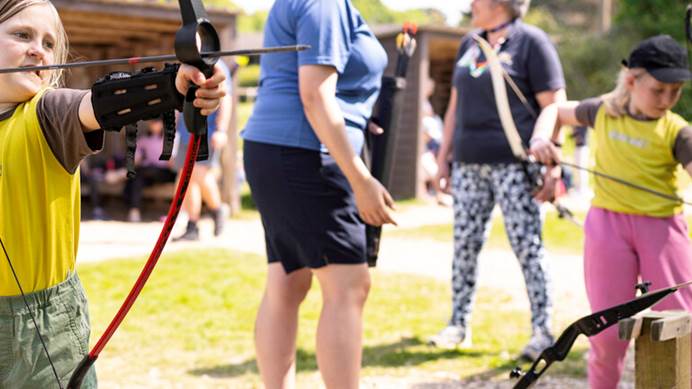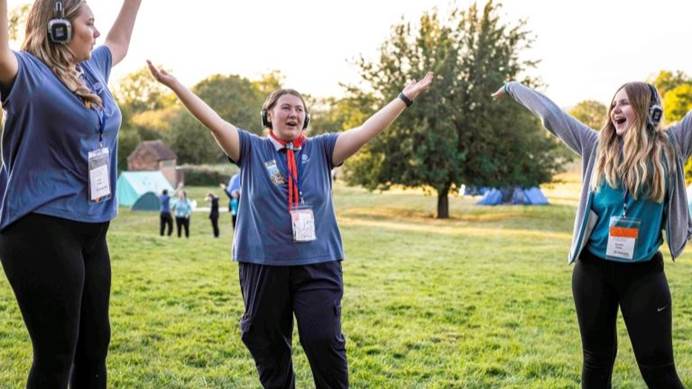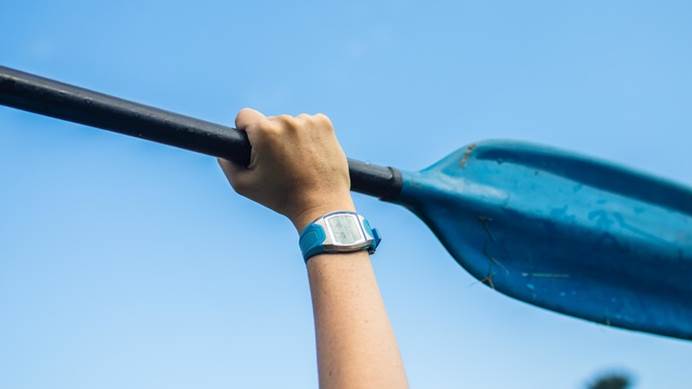Venues with no or limited facilities
Guidance for arranging facilities if they aren't installed at your venue
This guidance is part of our toolkit for running large-scale events.
Site services (things like toilets, water and electricity) are the backbone of a safe, clean and comfortable event.
This guidance will help you arrange facilities like these if they aren’t permanently installed at your venue.
To plan your site services well, start by gathering the following information:
- Number of participants.
- Size of the site.
- Site location and boundaries.
- Duration of the event.
- Services already provided by the venue.
And don’t forget — always check goods delivered to site match your original order.
Toilets
It’s essential to provide enough toilets for your event. The going away with scheme advises 1 toilet per 10 people. For bigger events, a ratio of approximately 1 toilet per 100 people should be enough.
You may need to hire portable toilets unless there are nearby facilities you can use.
Make sure you have accessible, clearly signposted toilets that accommodate wheelchair users. These should also be accessible for people who need a personal assistant. If you go on a site visit, remember to check these facilities.
If you’re hiring toilets, make sure you have adequate insurance to cover damage, and that your supplier’s vehicle can access your site.
Decide on suitable locations for the toilets and mark the areas clearly. Bear in mind you may need to empty toilets during your event.
Think about timing of emptying to cause minimum disruption.
Consider having a toilet care team to do checks, replace toilet rolls and manage queues.
Period products and disposal
Everyone should be able to enjoy an event without worry, including anyone on their period. Encourage attendees to pack enough sanitary products so they’re not caught off guard.
Also bear in mind that some girls may have their first period while away from home. It would be their unit leader’s responsibility to support them, but event organisers should also be prepared to offer sensitive and supportive help.
Sanitary bins are essential for proper menstrual hygiene and should also accommodate male incontinence products. Check whether your venue or toilet hire company provides sanitary disposal. If not, you may need to hire a separate service.
Provide clearly labelled sanitary bins at all portaloo and toilet facilities to ensure proper disposal of sanitary products. These need to be collected separately, as they’re classed as hazardous or clinical waste. This also includes nappies, incontinence pads and any waste that’s been in contact with bodily fluids – for example, from first aid.
To make your event as period-positive as possible, take a look at our resources on ending period poverty and stigma.
Washing facilities
Providing adequate hand-washing facilities is essential for hygiene at your event. Toilets should be equipped with hot and cold, or warm, running water, and soap to encourage proper handwashing. While antibacterial wipes and alcohol gels are effective against most viruses, they don’t work against Norovirus. This means having running water is vital.
If your event is a residential, you may need to hire wash tents or portable shower units and manage queues effectively. Consider:
- Setting time limits for showers to control water use.
- Allocating morning and evening time slots for groups.
Showering is generally recommended before and after water activities, as it helps reduce the risk of infection and removes potential contaminants. See our water safety guidance for details.
Quiet rooms and break areas
Where possible, quiet rooms and break areas should be designated as low-stimulation spaces, offering people a place to retreat if they feel overwhelmed. Make sure these areas are clearly marked with signage to help attendees find them easily.
Other spaces
Consider providing private spaces near the venue for people who need them for specific reasons, like religious observance. Ideally, these spaces should be separate from the quiet rooms and break areas to make sure there’s a peaceful environment in both.
Utilities
When planning your event’s electricity, consider the following to make sure you’re being safe, efficient and sustainable:
- Check if mains electricity is available at your venue. If not, do you need to hire generators? How many?
- Find out the voltage output of all electrical equipment – 240V or 110V? Also, do you need single- or three-phase supply?
- Put any generators in a safe place, making sure they have safety fencing around them. Where possible, opt for renewable energy sources or lower-impact alternatives like hydrotreated vegetable oil (HVO) instead of diesel. But be mindful of costs and sourcing challenges with these options.
- Only qualified electricians should install and maintain electrical supplies. Plan for regular servicing during your event.
- Make sure sockets are correctly positioned and meet voltage needs.
- Decide whether cables will be buried or fixed at height on poles. If buried, mark the areas clearly to prevent accidents.
- Put together a strategy to reduce power usage, minimising costs, noise, and light pollution where possible.
For more guidance on fixed wiring safety, read through our property A-Z guide.
You should consider having handheld tools which don’t need an electricity supply. Any electrical equipment you do use should be weather-protected and in good condition.
Any portable electrical equipment used on site should have an in-date PAT (portable appliance test) certificate. Find out more: PAT testing - property A-Z guide.
- People using electrical equipment should be familiar with/trained in its use, and should carry out a visual inspection before they use it. Everyone involved in the event should receive a briefing about this.
- Consider providing an RCD (a device that can protect against electric shocks and fires). See more in our property A-Z guide.
Keeping communication devices – phones and radios – charged is important so the events team can communicate with each other. Attendees will also likely use them to contact each other and leaders around the site.
- Do you need charging points?
- Remember that charging points will increase electrical output and need for sockets.
- Encourage people to bring charged items and suggest they bring a battery pack.
- Find out beforehand if electric vehicles are going to need charging. This can be particularly problematic on greenfield sites.
- Do you know where the nearest EV points are?
- If you’re at a third-party venue, will you need to reserve parking spaces for electric cars to charge?
Proper lighting is essential for safety, security and accessibility, especially for events held after dark or overnight. Balancing safety, accessibility and environmental impact is key to effective event lighting.
- Adequate lighting along walkways and key areas helps prevent trips and falls.
- Make sure emergency lighting is available in case of an evacuation at night. This should preferably be self-maintained or have a battery back-up, so it will work during a power cut.
- Be mindful of light pollution, especially in sleeping areas or near areas with sensitive wildlife.
- Well-lit spaces improve visibility for people who lip-read or have visual impairments. Dimming lights can create accessibility issues, so make sure you have consistent and sufficient lighting in corridors, stairways and other critical areas.
- If strobe effects are used, clearly display warning signs at entrances letting attendees know.
If you’re on a site without a guaranteed water supply, consider:
- What do you need water for? Washing and cleaning only? Drinking? Activities?
- How will you conserve it to minimise cost and environmental damage?
- Do you need a running supply, for example a mains supply?
You might need to bring in water supplies such as tankers, bowsers or bottles. Consider how to distribute these supplies through the site. You can get advice from your supplier. If using bottles, think about how you’ll dispose of or recycle them.
Providing drinking water is essential. You’ll need several water points accessible around the site. For 1-day events, you could ask people to bring their own water. But you’ll need to have extra available to make sure no one becomes dehydrated. Keep in mind that a large event can affect water pressure for the local area if everyone uses it at once.
